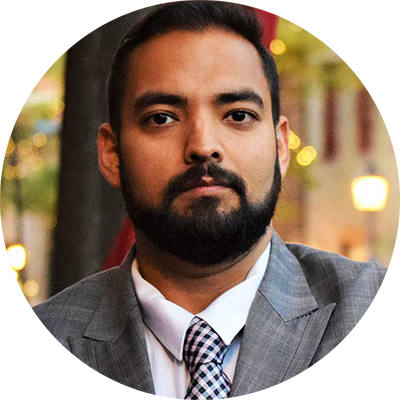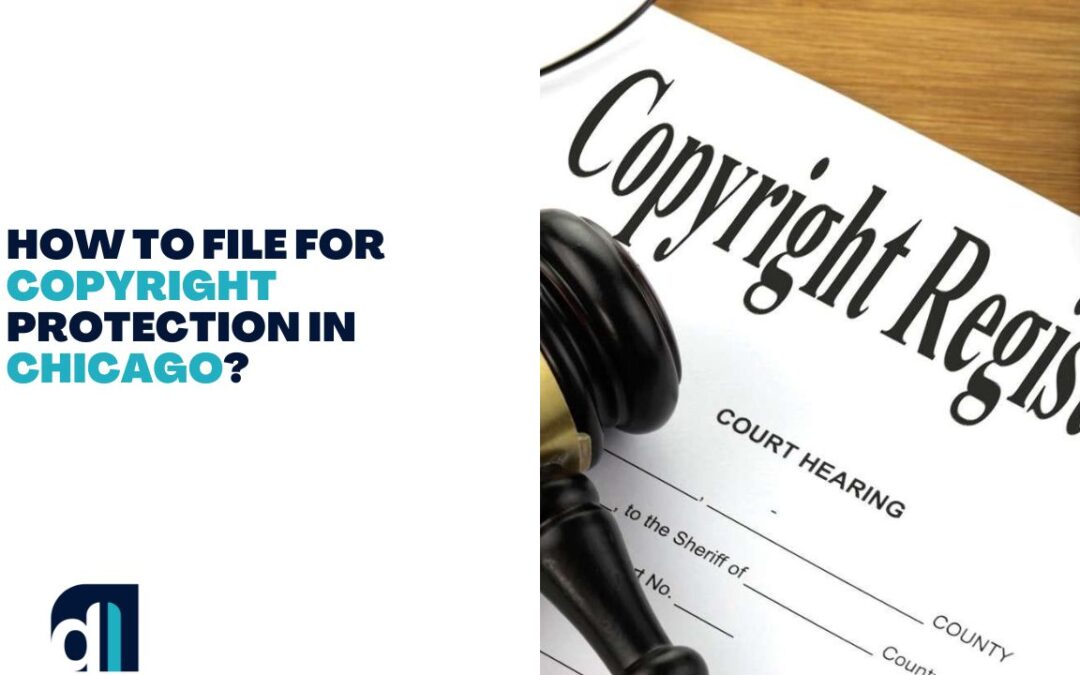If you are an owner of a unique creation such as a work of art, literature, or music then its protection should be your foremost priority. Copyright is a powerful tool which protects your original creation from theft or infringement. All you have to do is to register your work under the copyright law. Although it is a time-consuming process, the results are rewarding.
The only way to go about this is to start by learning about the law and the registration procedure. If you intend to acquire registration in Chicago, this blog will help you understand all the nitty gritty of the procedure. It is a straightforward procedure however if after reading about it, you still have concerns then you don’t have to worry. We have a solution for that too.
What is the Copyright Act?
A copyright is a legal safeguard for your creations against infringement or theft. The law prevents anyone from illegally copying or distributing your work and unjustly reaping benefits from it. The law is governed by the Copyright Act and all forms of creations which include literary work (novel, poetry, non-fiction etc.), artwork, music, performance and any such creation which originates from your original idea are protected under this Act.
However, keep in mind that the copyright law does not protect ideas, facts or methods. The work expressing that idea would be protected (such as drawings or paintings) but not the idea itself. Furthermore, you don’t have to register the copyright for any work in order to assert ownership – since you automatically receive the ownership of your work as soon as it is created – however the registration is needed to avail maximum protection of the law and also, to file a claim in the event of copyright infringement.
How To File For Copyright Protection In Chicago?
Step 1: Screening your Creation
Before initiating the formal registration procedure, you need to ensure that your work is completely original and does not infringe upon someone else’s work. For this, you can conduct thorough research to see if there are any potential conflicting aspects or similarities in your work with the existing ones. Again, copyright does not safeguard ideas so if it’s the idea which matches someone else’s work then you don’t have to worry about violating their intellectual property rights.
Step 2: Choosing the Application according to your Type of Work
The Copyright Act contains the registration requirements and application fees with the U.S. Copyright Office. The fee can vary depending on the nature of your work. If you are submitting work as a single author, then the registration cost is typically lower as compared to registering multiple works or making a group registration. Additionally, keep in mind that the Copyright Office may charge an additional amount for rush requests and any non-standard services. Therefore, you have to be prepared for any additional costs that might be incurred during the registration process.
Step 3: Preparing the Copyright Application
After figuring out the costs and fulfilling the application requirements, you are ready to prepare the application. This step deals with the procedural aspect which means preparing and attaching a copy of your original work, listing the author(s) or creators of that work, describing the work (including the derivative works), and providing reasons as to why the work deserves registration under the Copyright Act. Lastly, note that copyright applications usually require physical signatures so make sure your forms are physically signed before you submit them to the office.
Step 4: Submitting the Application
The final step is submitting the application along with the relevant costs to the U.S. Copyright Office. Keep in mind to keep copies of those submitted documents including the application, the correspondence between you and the office, and the documents attached with the application in the form of annexures.
Once your application is approved, your work will be registered and you will receive a Certificate of Registration. The certificate signifies your official ownership of your work and you would need it in case you have to defend your copyright.
Enforcing your Copyright in Chicago
Acquiring copyright registration is not the end of the story. Now you also have to enforce those rights in order to safeguard your intellectual property. You have to actively monitor online and offline platforms for any instances of misuse or theft and accordingly take prompt action against those violations.
Still Got Concerns?
If you still have concerns about the complexities of the law and the procedure, we have a solution for you. You can schedule a free discovery call with us and we’ll be happy to answer all those questions that have been on your mind. After this call, you will be able to decide if you want to pursue this matter on your own or if you want to seek professional help. Our principal attorney is considerably experienced in the field of copyright and he can apply for your copyright license as well as enforce your rights through legal notices and lawsuits.

Sahil Malhotra
Sahil Malhotra is an Intellectual Property Attorney, who founded Drishti (“vision”) law because of his vision in protecting dreams and ideas.
He provided individuals and small businesses with an opportunity to enhance their IP’s value by helping them register trademarks and successfully argue against office actions. In addition to his training and experience, he has been deeply involved in the multifaceted IP portfolio at UIC and continues to be associated with IP organizations and conferences.
To know more about Sahil Malhotra — Click Here
You may follow Sahil Malhotra on Facebook: Sahil Malhotra and on Instagram: @Sahil Malhotra

